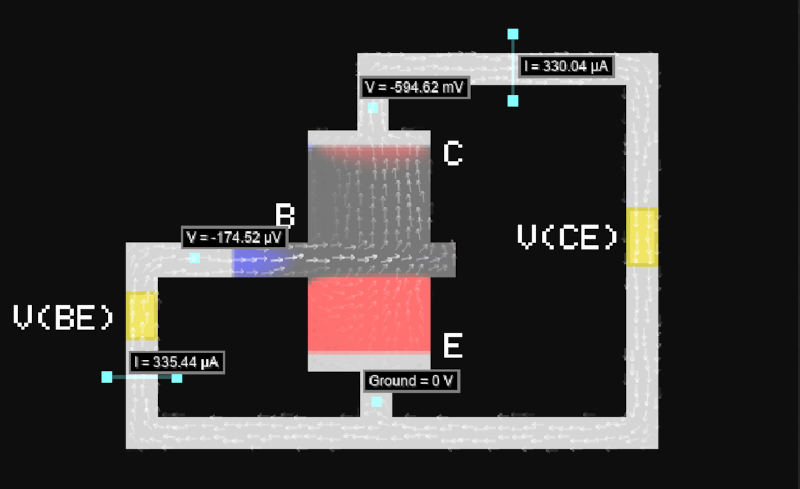Hire Artificial Intelligence Developers: What Businesses Look for
The number of people needed to develop artificial intelligence has grown astronomically, but businesses are getting extremely picky about the kind of people they recruit.

The Evolving Landscape of AI Hiring
The number of people needed to develop artificial intelligence has grown astronomically, but businesses are getting extremely picky about the kind of people they recruit. Knowing what businesses really look like, artificial intelligence developers can assist job seekers and recruiters in making more informed choices. The criteria extend well beyond technical expertise, such as a multidimensional set of skills that lead to success in real AI development.
Technical Competence Beyond the Basics
Organizations expect to hire artificial intelligence developers to possess sound technical backgrounds, but the particular needs differ tremendously depending on the job and domain. Familiarity with programming languages such as Python, R, or Java is generally needed, along with expertise in machine learning libraries such as TensorFlow, PyTorch, or scikit-learn.
But more and more, businesses seek AI developers with expertise that spans all stages of AI development. These stages include data preprocessing, model building, testing, deployment, and monitoring. Proficiency in working on cloud platforms, containerization technology, and MLOps tools has become more essential as businesses ramp up their AI initiatives.
Problem-Solving and Critical Thinking
Technical skills by themselves provide just a great AI practitioner. Businesses want individuals who can address intricate issues in an analytical manner and logically assess possible solutions. It demands knowledge of business needs, determining applicable AI methods, and developing solutions that implement in reality.
The top artificial intelligence engineers can dissect intricate problems into potential pieces and iterate solutions. They know AI development is every bit an art as a science, so it entails experiments, hypothesis testing, and creative problem-solving. Businesses seek examples of this problem-solving capability through portfolio projects, case studies, or thorough discussions in interviews.
Understanding of Business Context
Business contexts and limitations today need to be understood by artificial intelligence developers. Businesses appreciate developers who are able to transform business needs into technical requirements and inform business decision-makers about technical limitations. Such a business skill ensures that AI projects achieve tangible value instead of mere technical success.
Good AI engineers know things like return on investment, user experience, and operational limits. They can choose model accuracy versus computational expense in terms of the business requirements. This kind of business-technical nexus is often what distinguishes successful AI projects from technical pilot projects that are never deployed into production.
Collaboration and Communication Skills
AI development is collaborative by nature. Organizations seek artificial intelligence developers who can manage heterogeneous groups of data scientists, software engineers, product managers, and business stakeholders. There is a big need for excellent communication skills to explain complex things to non-technical teams and to collect requirements from domain experts.
The skill of giving and receiving constructive criticism is essential for artificial intelligence builders. Building artificial intelligence is often iterative with multiple stakeholders influencing the process. Builders who can include feedback without compromising technical integrity are most sought after by organizations developing AI systems.
Ethical Awareness and Responsibility
Firms now realize that it is crucial to have ethical AI. They want to employ experienced artificial intelligence developers who understand bias, fairness, and the long-term impact of AI systems. This is not compliance for the sake of compliance,it is about creating systems that work equitably for everyone and do not perpetuate destructive bias.
Artificial intelligence engineers who are able to identify potential ethical issues and recommend solutions are increasingly valuable. This requires familiarity with things like algorithmic bias, data privacy, and explainable AI. Companies want engineers who are able to solve problems ahead of time rather than as afterthoughts.
Adaptability and Continuous Learning
The AI field is extremely dynamic, and therefore artificial intelligence developers must be adaptable. The employers eagerly anticipate employing persons who are evidencing persistent learning and are capable of accommodating new technologies, methods, and demands. It goes hand in hand with staying abreast of research developments and welcoming learning new tools and frameworks.
Successful artificial intelligence developers are open to being transformed and unsure. They recognize that the most advanced methods used now may be outdated tomorrow and work together with an air of wonder and adaptability. Businesses appreciate developers who can adapt fast and absorb new knowledge effectively.
Experience with Real-World Deployment
Most AI engineers can develop models that function in development environments, but companies most appreciate those who know how to overcome the barriers of deploying AI systems in production. These involve knowing model serving, monitoring, versioning, and maintenance.
Production deployment experience shows that AI developers appreciate the full AI lifecycle. They know how to manage issues such as model drift, performance monitoring, and system integration. Practical experience is normally more helpful than superior abstract knowledge.
Domain Expertise and Specialization
Although overall AI skill is to be preferred, firms typically look for artificial intelligence developers with particular domain knowledge. Knowledge of healthcare, finance, or retail industries' particular issues and needs makes developers more efficient and better.
Domain understanding assists artificial intelligence developers in crafting suitable solutions and speaking correctly with stakeholders. Domain understanding allows them to spot probable problems and opportunities that may be obscure to generalist developers. This specialization can result in more niched career advancement and improved remuneration.
Portfolio and Demonstrated Impact
Companies would rather have evidence of good AI development work. Artificial intelligence developers who can demonstrate the worth of their work through portfolio projects, case studies, or measurable results have much to offer. This demonstrates that they are able to translate technical proficiency into tangible value.
The top portfolios have several projects that they utilize to represent various aspects of AI development. Employers seek to hire artificial intelligence developers who are able to articulate their thought process, reflect on problems they experience, and measure the effects of their work.
Cultural Fit and Growth Potential
Apart from technical skills, firms evaluate whether AI developers will be a good fit with their firm culture and enjoy career development. Factors such as work routines, values alignment, and career development are addressed. Firms deeply invest in AI skills and would like to have developers that will be an asset to the firm and evolve with the firm.
The best artificial intelligence developers possess technical skills augmented with superior interpersonal skills, business skills, and a sense of ethics. They can stay up with changing requirements without sacrificing quality and assisting in developing healthy team cultures.





















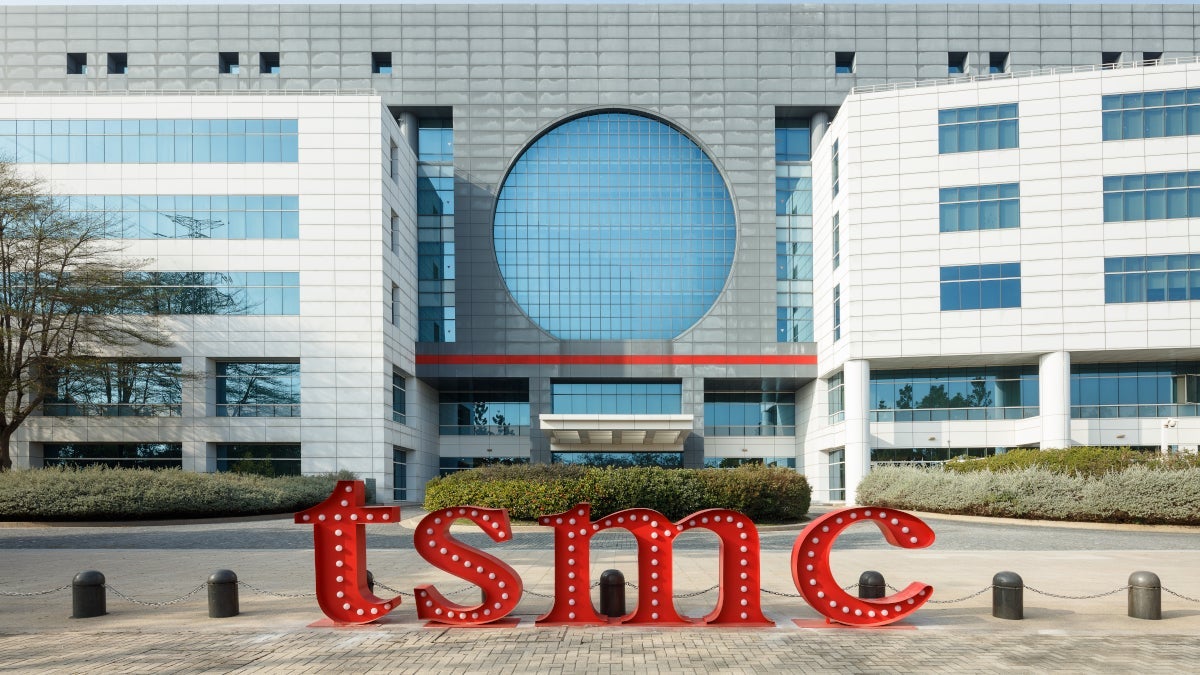

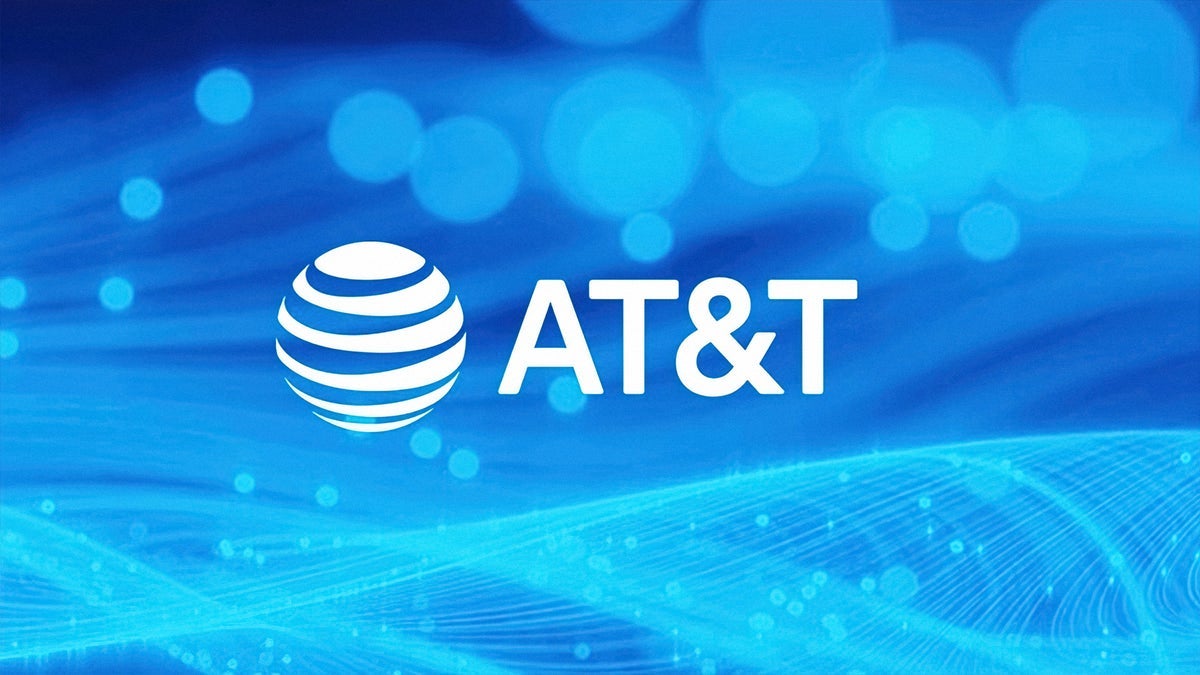
































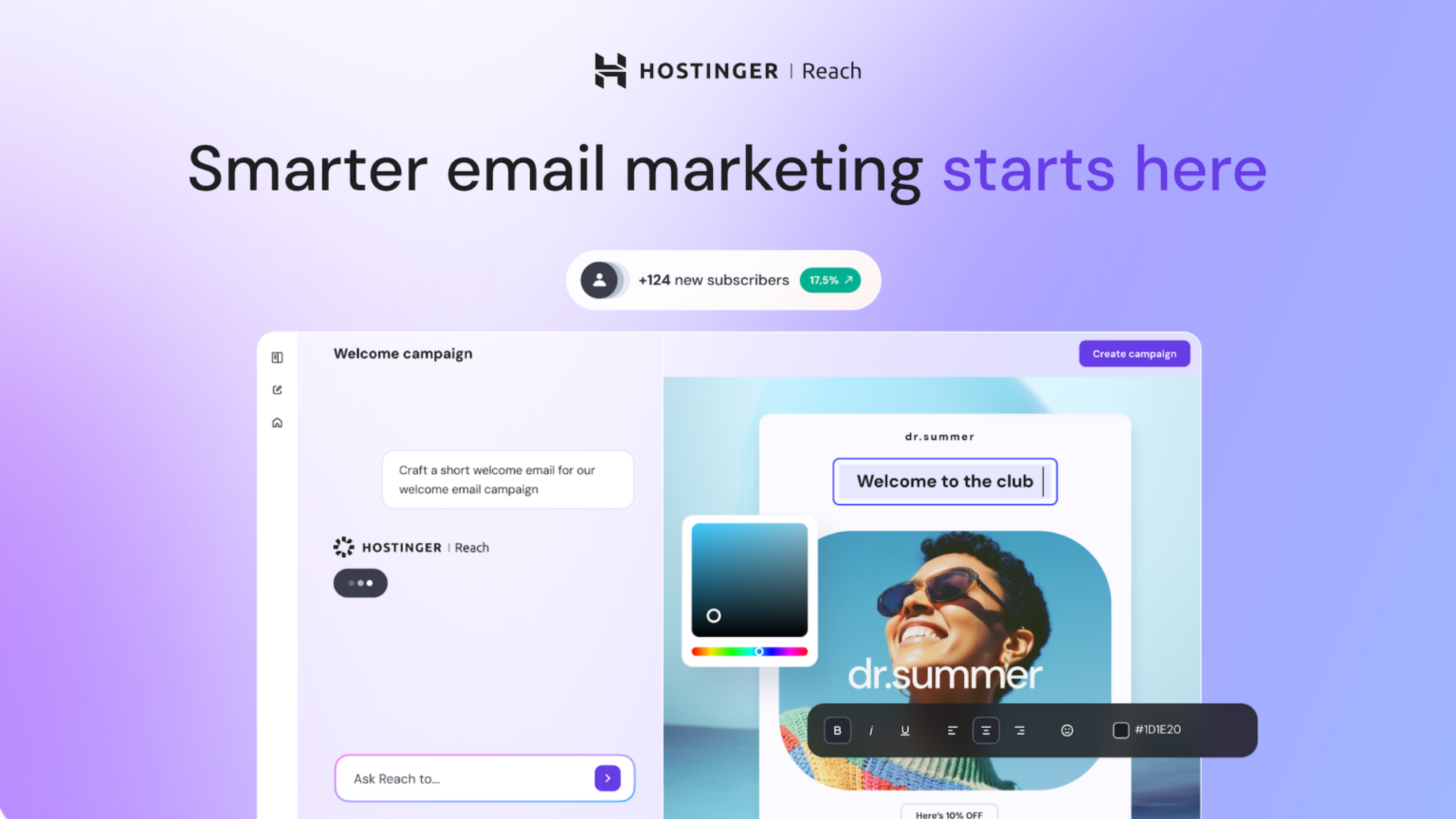












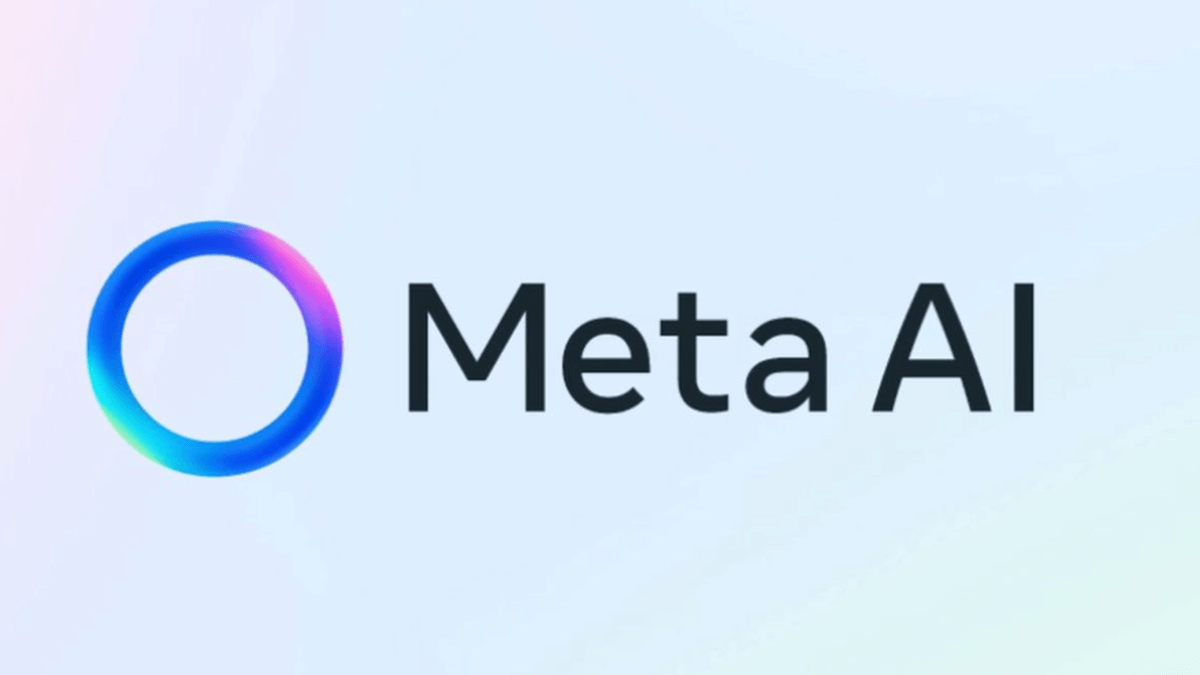




![Apple M4 Mac Mini Back on Sale for $499 [Deal]](https://www.iclarified.com/images/news/97617/97617/97617-640.jpg)



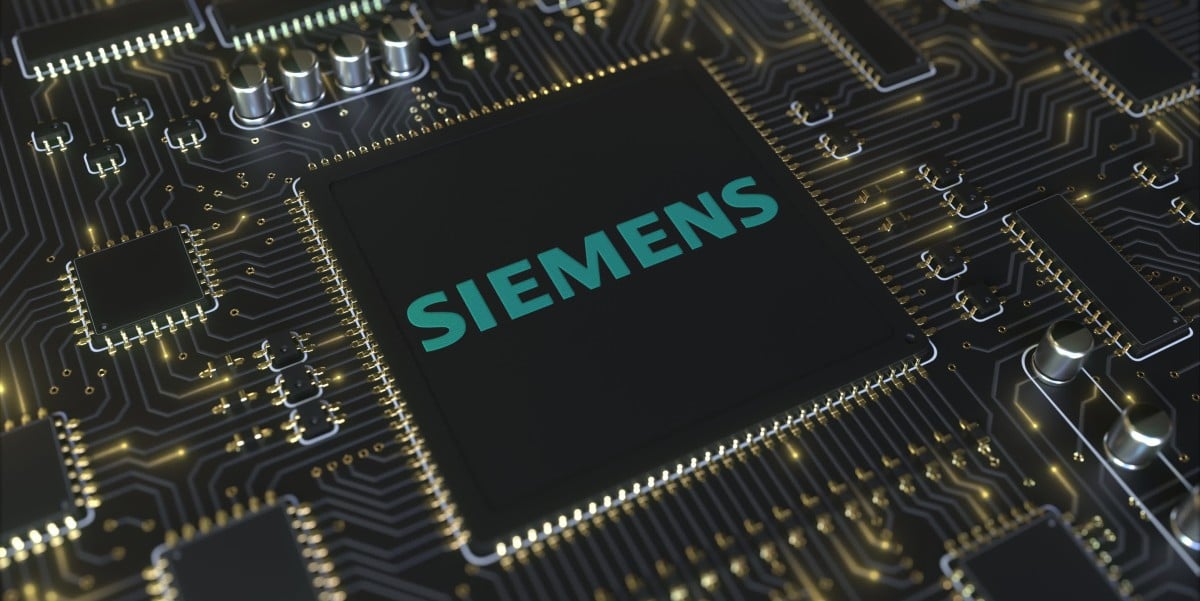







































































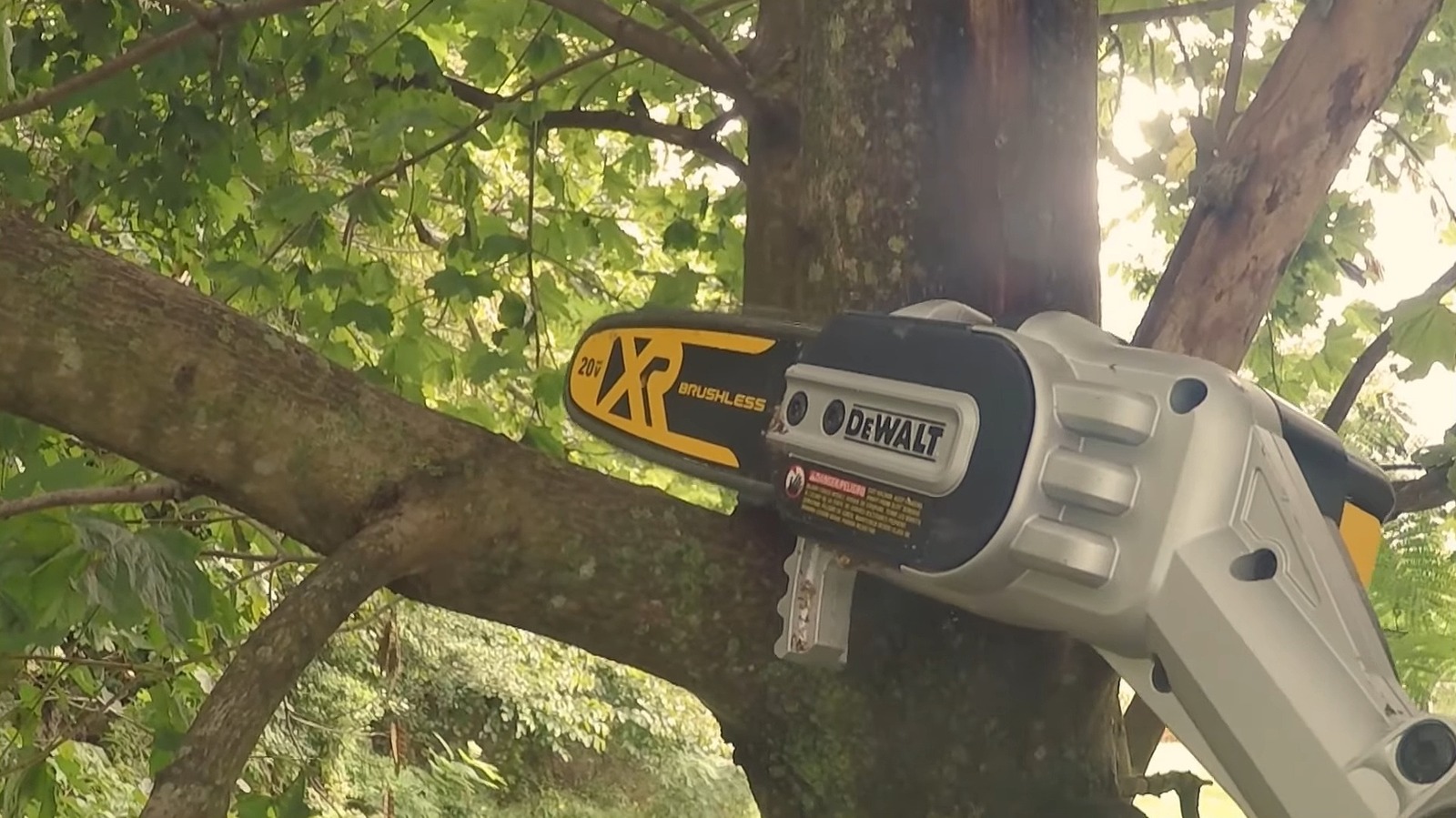



































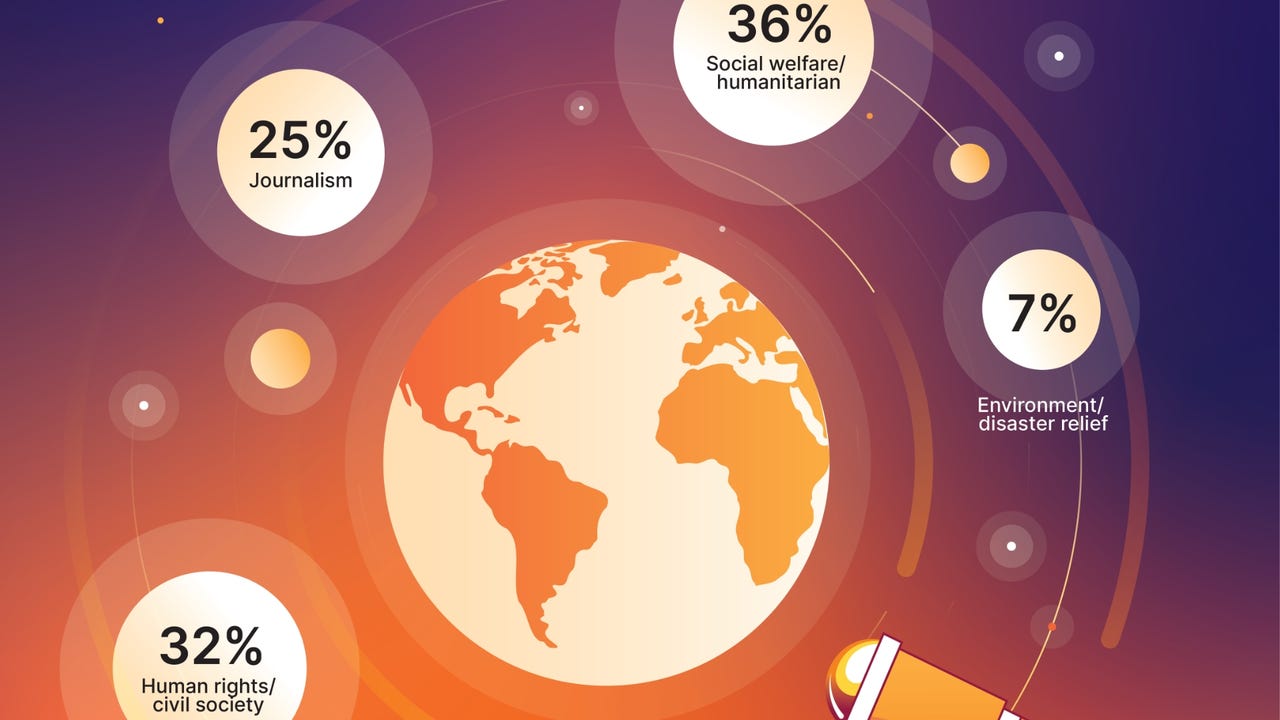
_designer491_Alamy.jpg?width=1280&auto=webp&quality=80&disable=upscale#)

_Andreas_Prott_Alamy.jpg?width=1280&auto=webp&quality=80&disable=upscale#)


























































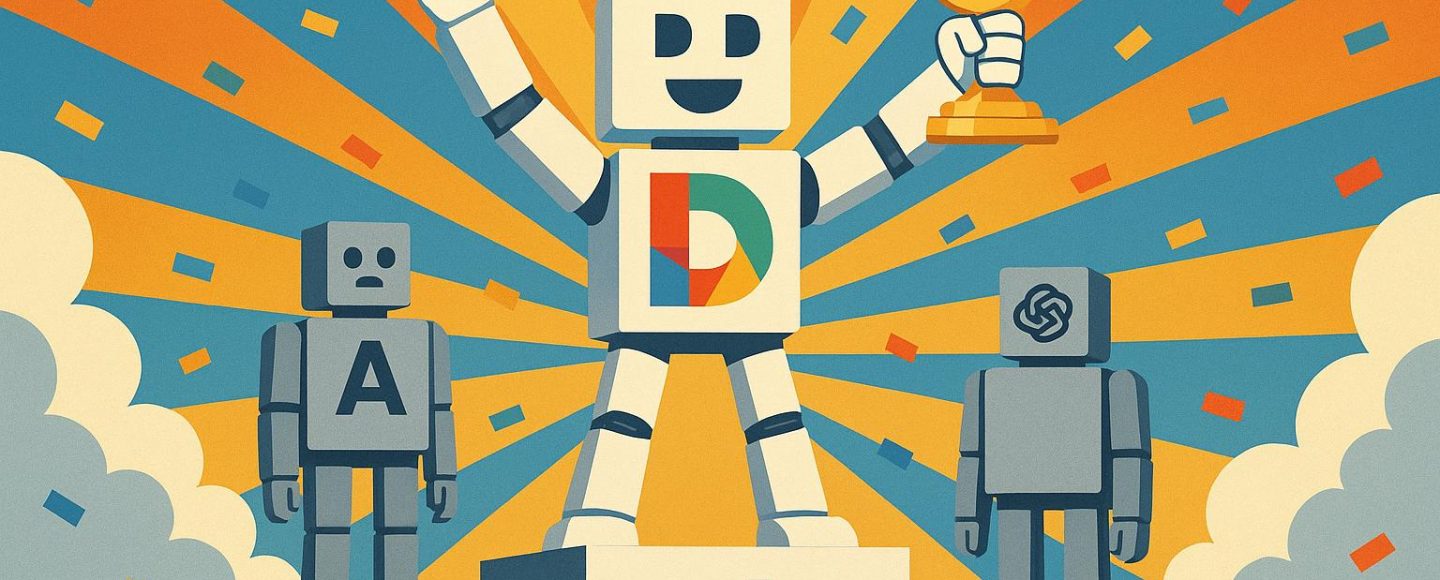


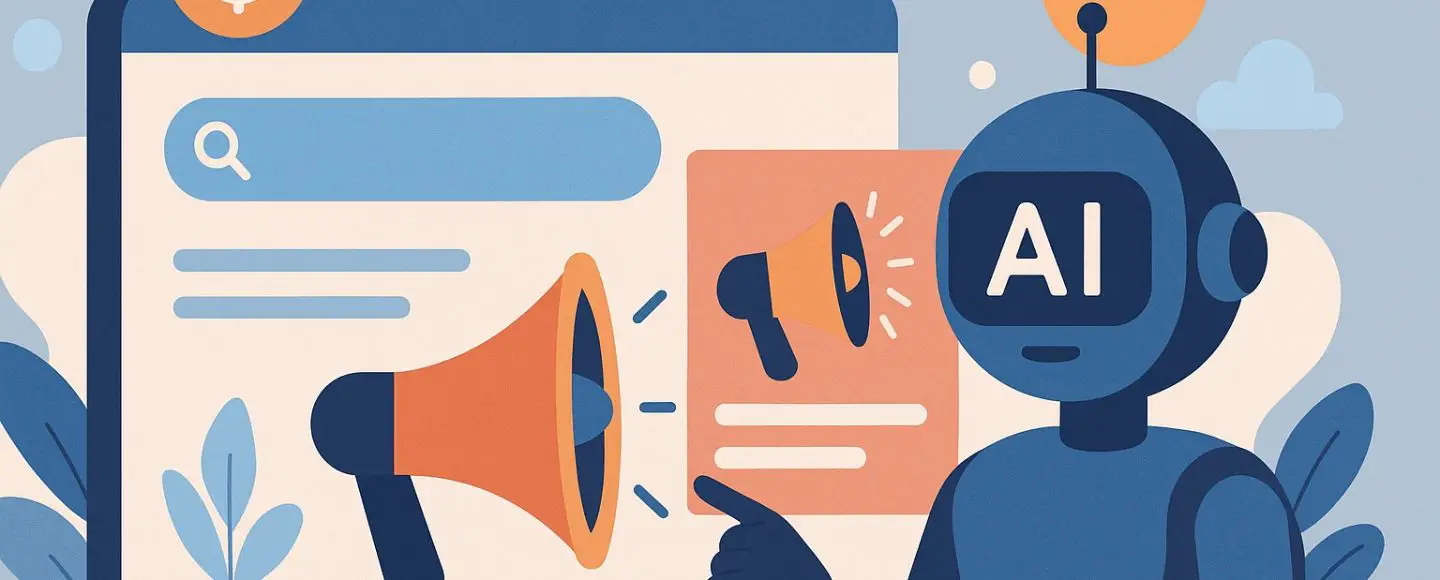

















































![[The AI Show Episode 152]: ChatGPT Connectors, AI-Human Relationships, New AI Job Data, OpenAI Court-Ordered to Keep ChatGPT Logs & WPP’s Large Marketing Model](https://www.marketingaiinstitute.com/hubfs/ep%20152%20cover.png)




























































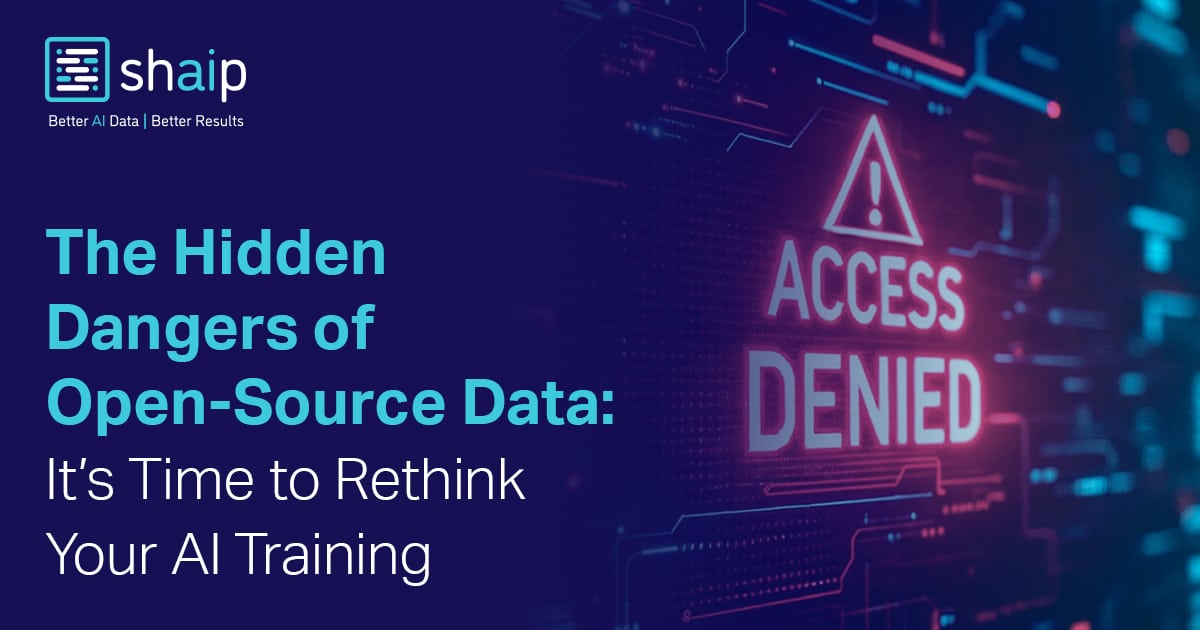
























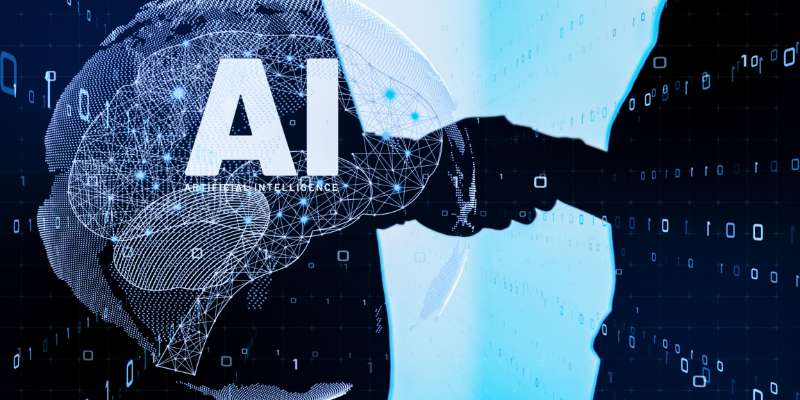
















![[DEALS] Internxt Cloud Storage Lifetime Subscription: 10TB Plan (87% off) & Other Deals Up To 98% Off – Offers End Soon!](https://www.javacodegeeks.com/wp-content/uploads/2012/12/jcg-logo.jpg)



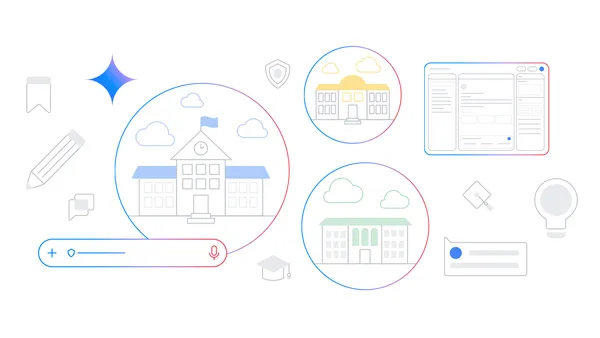




















![Designing a Robust Modular Hardware-Oriented Application in C++ [closed]](https://i.sstatic.net/f2sQd76t.webp)




















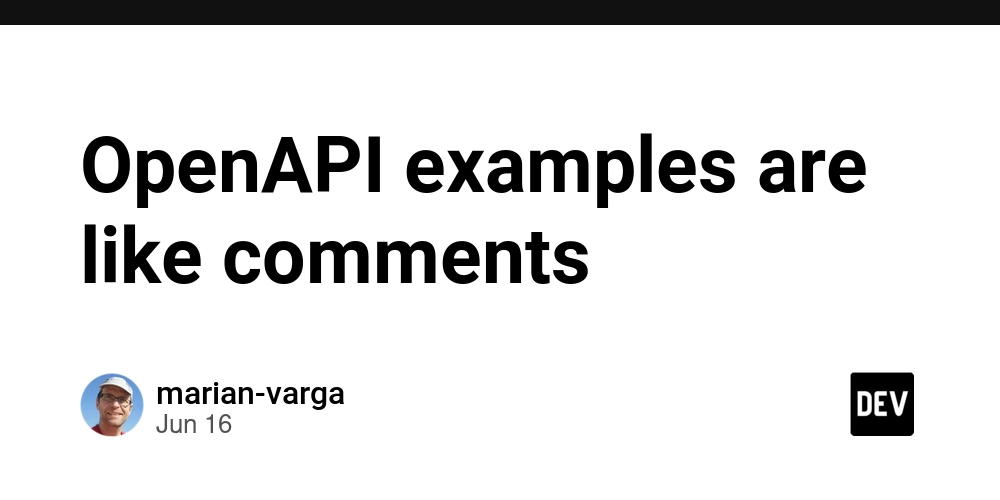
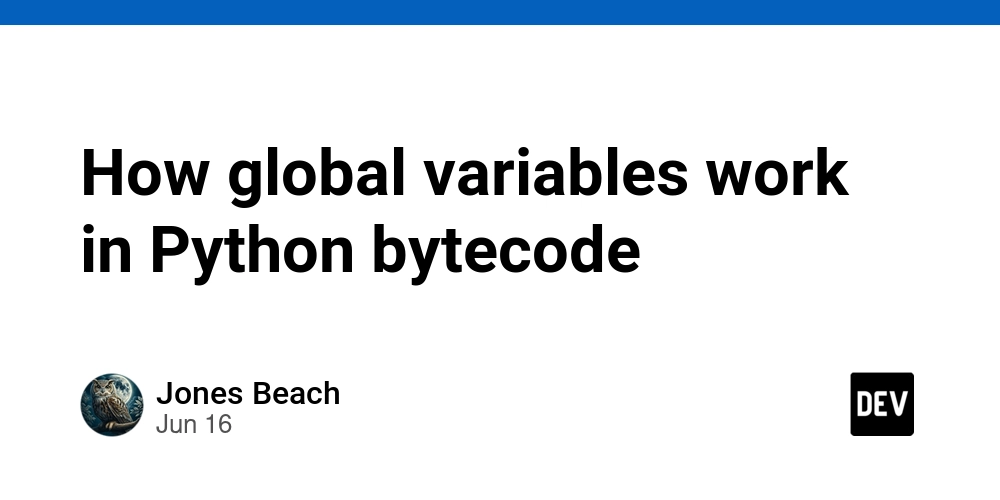






























.jpg?width=1920&height=1920&fit=bounds&quality=70&format=jpg&auto=webp#)
































































